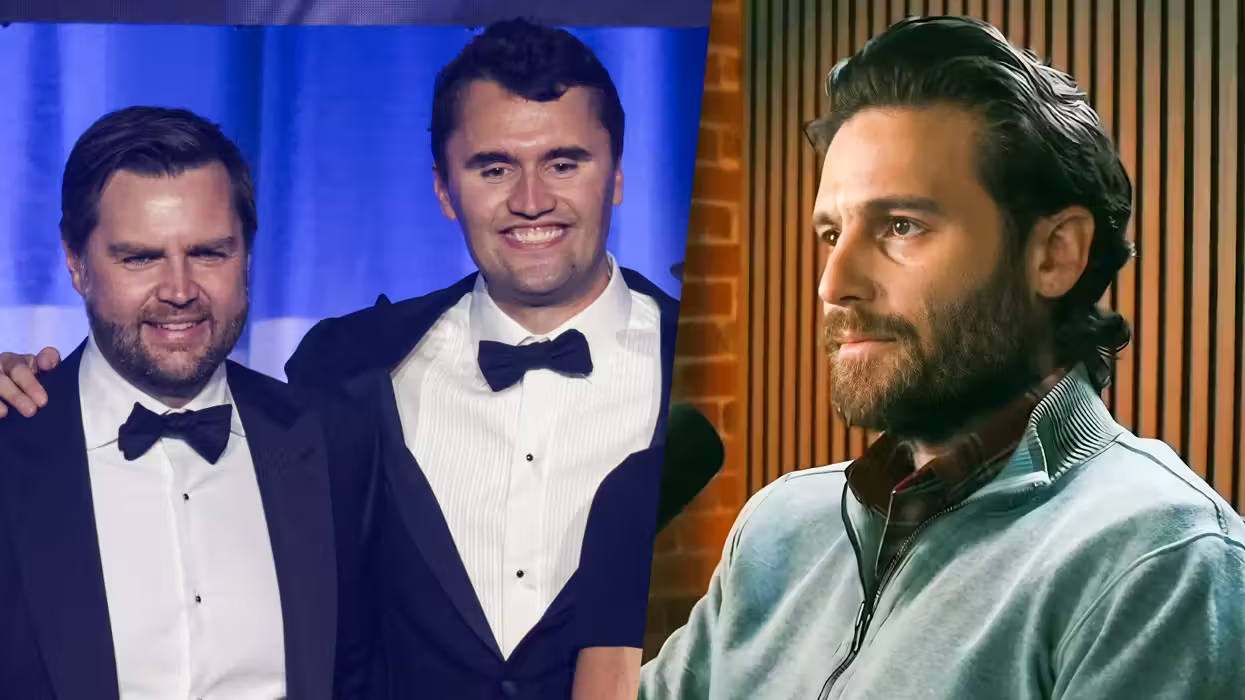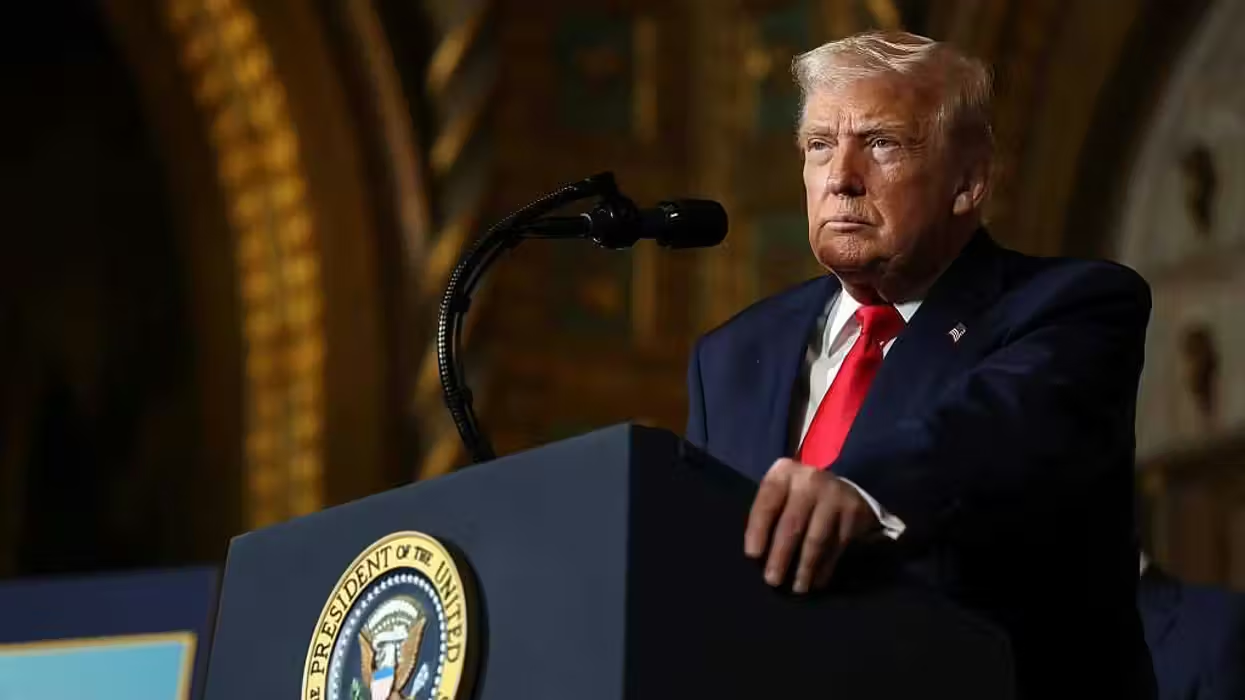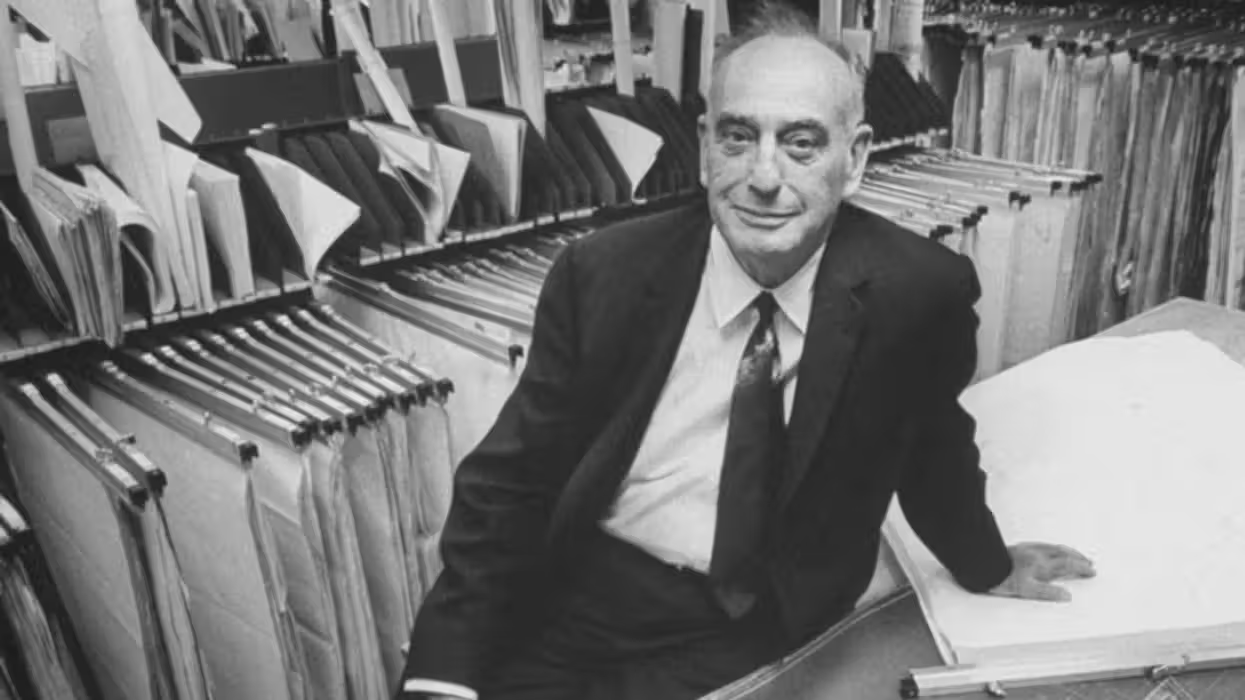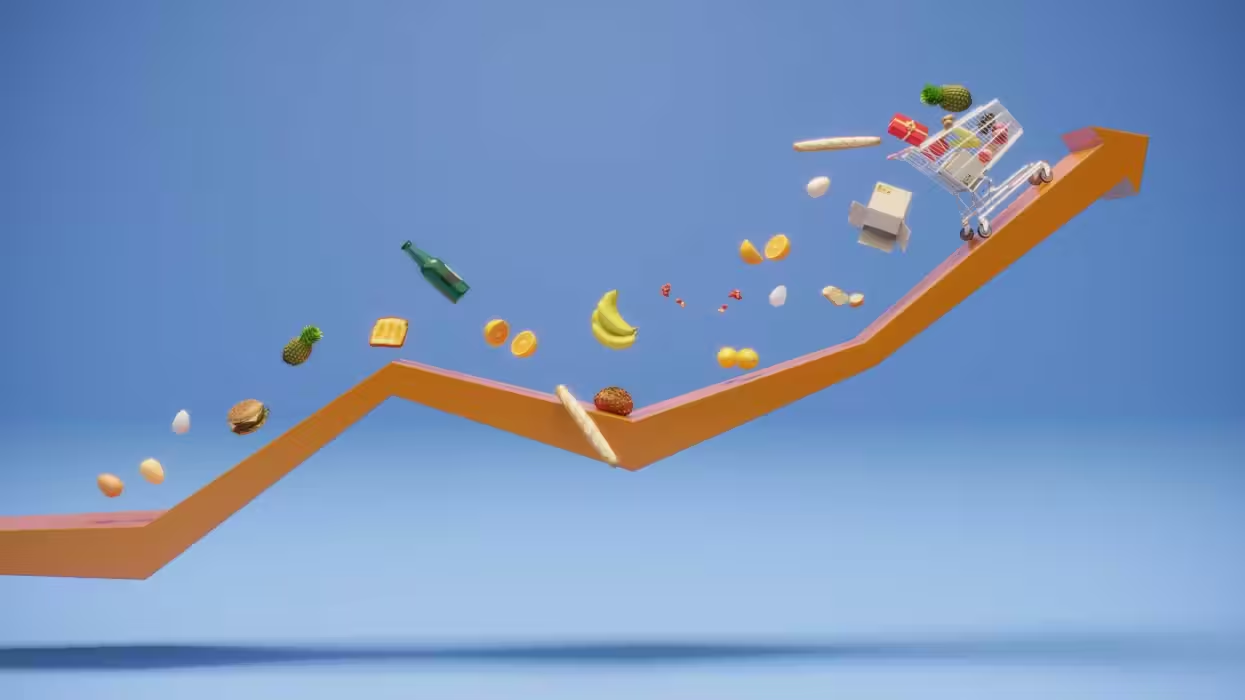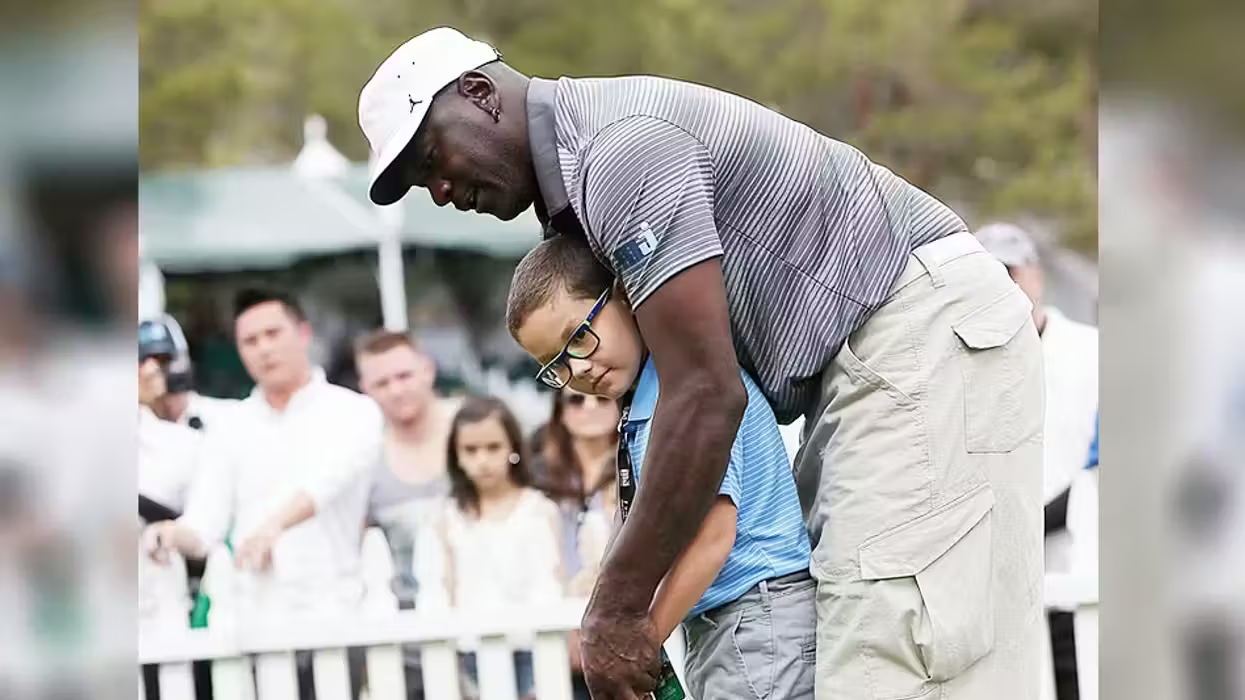
© 2025 Blaze Media LLC. All rights reserved.
One in six Americans are now receiving public assistance in one form or another -- a startling increase from 17 million in 2000 to more than 44 million in 2011. But President Obama's trickle-up poverty is going up... and up and up, now reaching his fellow academic elites:
A skyrocketing number of Americans with Ph.D.s say they are facing a reality in which they are turning to food stamps to survive.One in six Americans received food stamps or other public assistance last year, but the number of people with a Ph.D. or Masters degree who receive that aid has tripled in the past two years, according to government data.
The number of people with Ph.D.s who received some kind of public assistance more than tripled to 33,655 in 2010 from 9,776 in 2007, according to Austin Nichols, a senior researcher from the Urban Institute, who used data from the U.S. Census Bureau and U.S. Bureau of Labor. ...
"While on average higher learning still results in higher salaries, the promise of that financial payoff isn't materializing for some," Sara Hebel, senior editor with The Chronicle of Higher Education, said. "And for growing numbers of people with advanced degrees, they have not been insulated from financial hardship for a number of reasons."
I can't imagine why. Take for instance this harrowing tale of a Ph.D. candidate in the highly competitive world of... film studies:
Elliott Stegall, 51, is pursuing a Ph.D. in film studies at Florida State University while he teaches two English courses at Northwest Florida State College in Niceville, Fla.To help support their two young children, he and his wife rely, in part, on food stamps, Medicaid and aid from the USDA program, Women, and Infants and Children (WIC).
"I tend to look at my experience as a humanist, as someone who is fascinated by human culture," he told the Chronicle. "Maybe it was a way of hiding from the reality in which I found myself. I never thought I'd be among the poor."
He and his wife also have worked part-time jobs as house painters and cleaners and food caterers.
"As a man, I felt like I was a failure. I had devoted myself to the world of cerebral activity. I had learned a practical skill that was elitist," he said. "Perhaps I should have been learning a skill that the economy supports."
What a novel idea.
Want to leave a tip?
We answer to you. Help keep our content free of advertisers and big tech censorship by leaving a tip today.
Want to join the conversation?
Already a subscriber?
more stories
Sign up for the Blaze newsletter
By signing up, you agree to our Privacy Policy and Terms of Use, and agree to receive content that may sometimes include advertisements. You may opt out at any time.
Related Content
© 2025 Blaze Media LLC. All rights reserved.
Get the stories that matter most delivered directly to your inbox.
By signing up, you agree to our Privacy Policy and Terms of Use, and agree to receive content that may sometimes include advertisements. You may opt out at any time.


